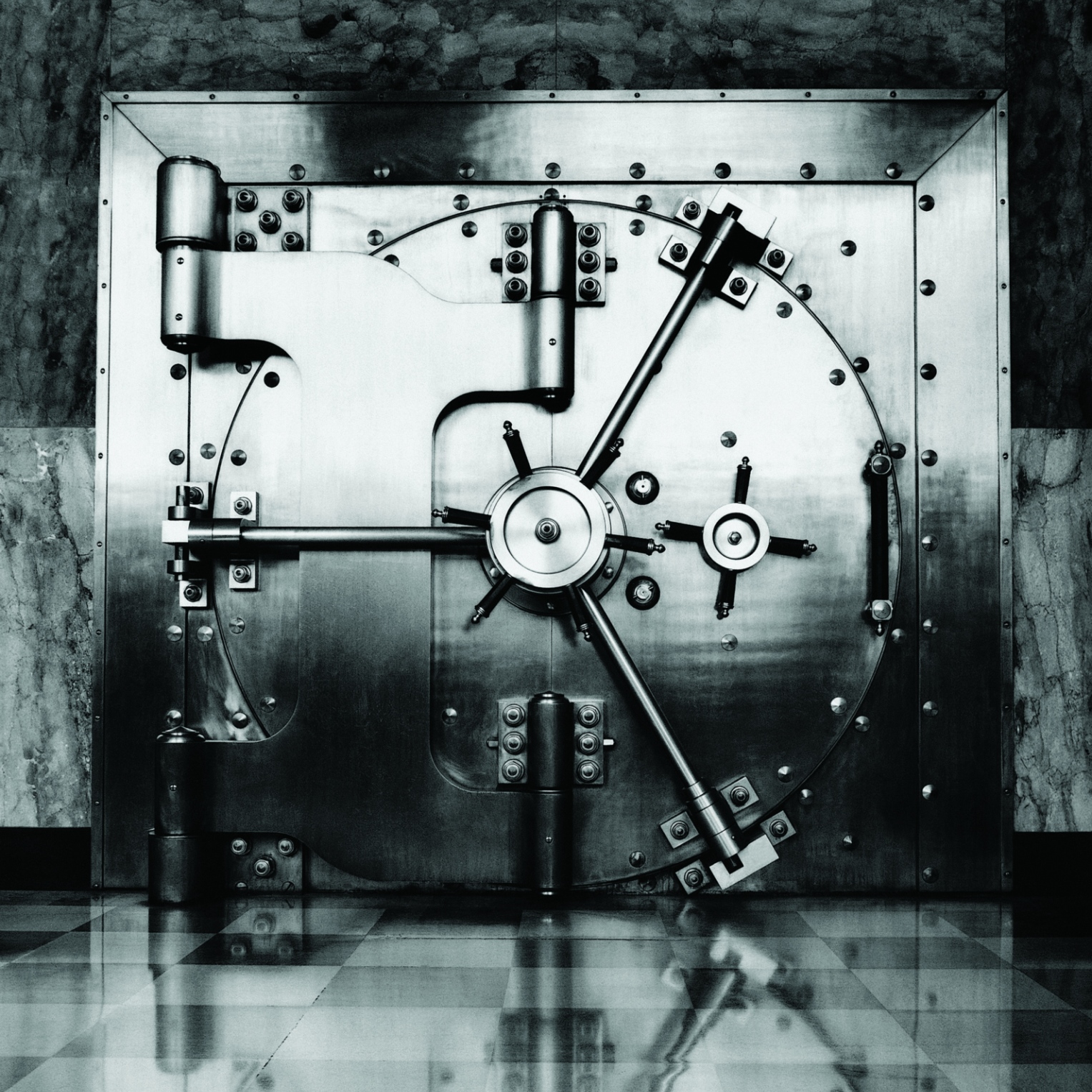Banking, finance, and taxes
As European Bank ADSs Tank, What About Their Dividends?

Published:
Last Updated:

Thursday was a day dominated by European bank weakness based on balance sheet concerns and profitability concerns. After all, negative interest rates on deposits with the European Central Bank can act effectively as a tax against reserves. Concerns have grown in 2016 about the health of European banks, particularly again with concerns growing in Europe’s peripheral (PIIGS) states.
Societe-Generale’s profit warning was the catalyst on Thursday, and it is bleeding over into the other major banks. Many of Europe’s largest banks come with American depositary shares (ADSs) that trade in New York. Just keep in mind that many of the top PIIGS (Portugal, Italy, Ireland, Greece, Spain) banks are now no longer listed on the New York Stock Exchange like National Bank of Greece, Allied Irish Banks and Bank of Ireland.
24/7 Wall St. has looked over the ADS policies of dividend payments. Be advised that ADS dividends are almost never static, and sometimes the announcements and available information are simply not the same from source to source. We have looked at the investor relations notes and formal announcements where possible, but these yields may already be different, considering currency changes and that some announcements have not been made.
As a reminder, having negative interest rates means that banks are effectively being taxed on their reserves and that they cannot earn money (or as much money) on bonds, leaving mostly risk via loans for their funds, all while having to maintain high reserves and continuing to have to pay fines from before, during and after the financial crisis.
Banco Santander S.A. (NYSE: SAN) saw its ADSs down 4.4% at $3.75 on Thursday. The bank pays a €0.05 dividend, and this was last seen as $0.055 in the United States in a January quarterly payout, down slightly of late but down about 70% from 2014. Its ADS yield today would be over 5.8%. Its ADSs have a 52-week range of $3.69 to $7.79 in New York.
Barclays PLC (NYSE: BCS) saw its ADSs down 5% at $8.74 mid-morning on Thursday. Barclays already scrapped a dividend target last summer in effort to retain capital, but it did keep a 6.5 pence payout last year in London, and how this will play out in 2016 remains to be seen. The rate on the ADS payment based on the last quarterly payout would be over 2.7%. Barclays has a 52-week range of $8.64 (same day) to $18.05 in New York trading.
Deutsche Bank A.G. (NYSE: DB) already entered the confessional back in October, noting no dividend in 2015 or 2016. Its ADSs were last seen down 3% at $15.71. Deutsche Bank has a 52-week range of $14.78 to $36.21 in New York trading.
Lloyds Banking Group PLC (NYSE: LYG) was last seen down about 3% at $3.315 in New York trading. Its dividend history has been choppy as the United Kingdom’s ownership stake was being lowered. If its two U.S. dividend payments were made to ADS holders on a static basis, it would be a 2.8% yield, but that announcement has yet to be made. The ADSs have a 52-week trading range of $3.30 to $5.65 in New York.
Royal Bank of Scotland Group PLC (NYSE: RBS) also no longer has a dividend, and back in early 2015 Credit Suisse warned that RBS would not be in the dividend game any time soon, even as its starts to generate some surplus capital. The ADSs have a 52-week range of $6.42 to $12.52 in New York trading.
UBS Group A.G. (NYSE: UBS) was last seen down 1.3% at $14.47 in New York trading. Its Swiss-based yield is close to 6%, and we have to wait to see what the conversion rates will do between now and the May payment. In Swiss terms, this year the ordinary dividend CHF 0.60 per share and special dividend CHF 0.25 per share for 2015; that is up from 0.50 per ordinary share and a one-time supplementary CHF 0.25 a share a year ago. Its 52-week trading range in New York is $14.01 to $23.19.
Due to conflicting data, HSBC Holdings PLC (NYSE: HSBC) has not been included, but it is of course one of the top banks. Its own investor relations site claims $0.30 paid, but we do not expect another announcement until perhaps May. HSBC has a 52-week range of $30.63 (same day) to $50.26 in New York trading.
Start by taking a quick retirement quiz from SmartAsset that will match you with up to 3 financial advisors that serve your area and beyond in 5 minutes, or less.
Each advisor has been vetted by SmartAsset and is held to a fiduciary standard to act in your best interests.
Here’s how it works:
1. Answer SmartAsset advisor match quiz
2. Review your pre-screened matches at your leisure. Check out the advisors’ profiles.
3. Speak with advisors at no cost to you. Have an introductory call on the phone or introduction in person and choose whom to work with in the future
Thank you for reading! Have some feedback for us?
Contact the 24/7 Wall St. editorial team.